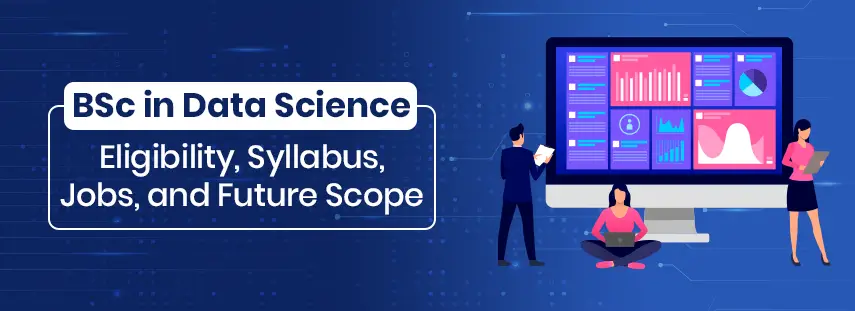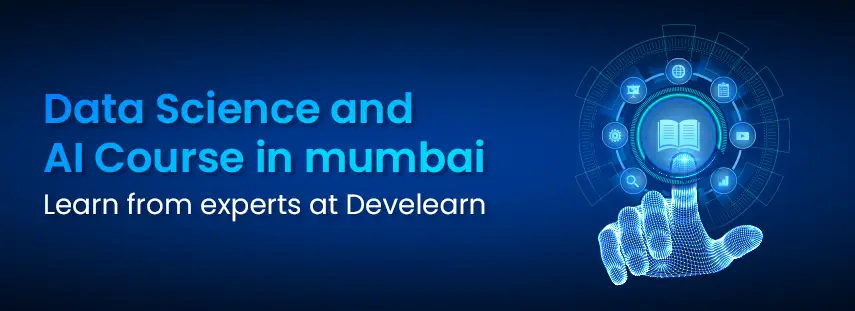Join As Students, Leave As Professionals.
Develearn is the best institute in Mumbai, a perfect place to upgrade your skills and get yourself to the next level. Enroll now, grow with us and get hired.

Data Science Course Eligibility Criteria (2024)
Explore the essential eligibility criteria for pursuing a data science course in 2024. From academic prerequisites to crucial skills, find out what it takes to thrive in the dynamic field of data science.
Develearn
5 minutes
January 12, 2024
Loading content...




